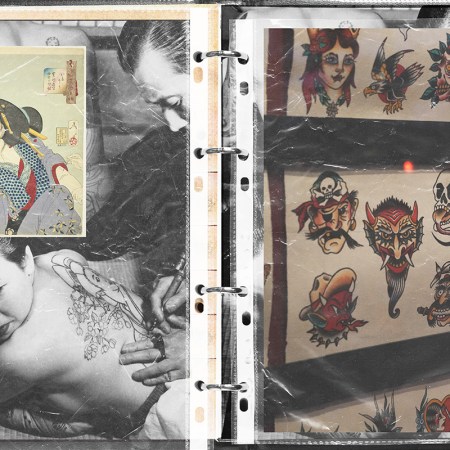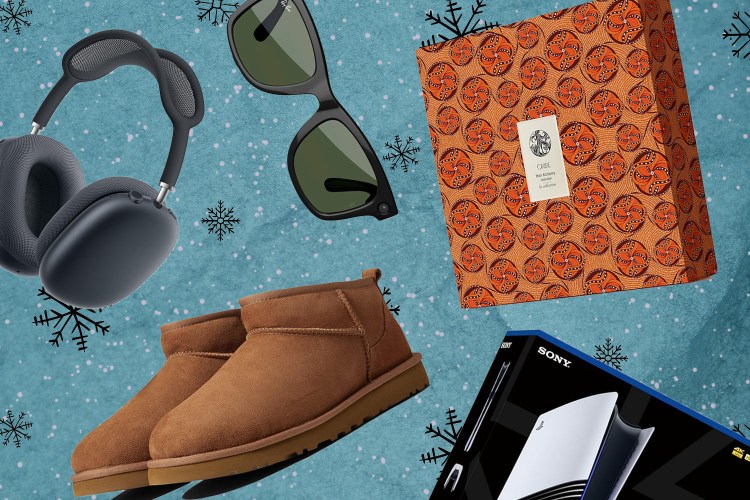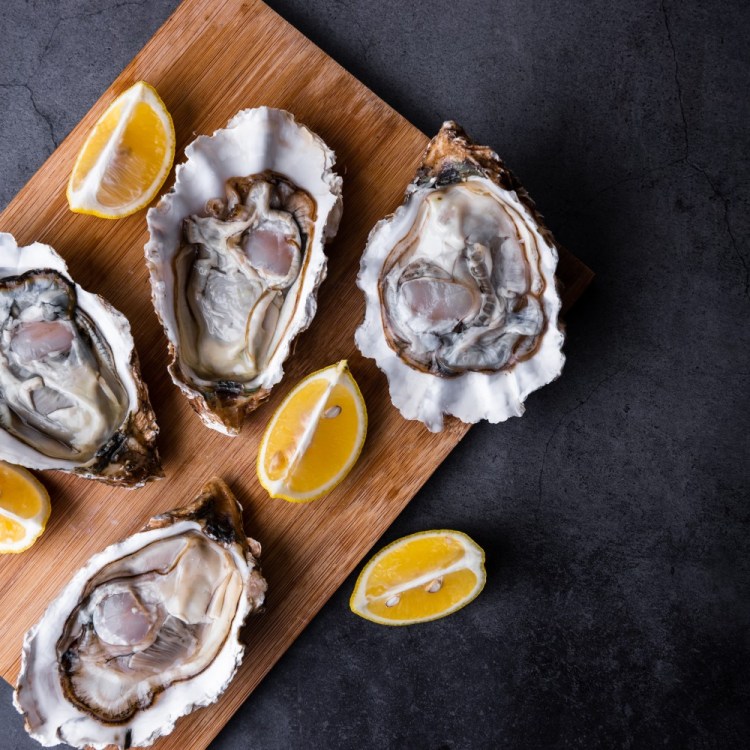I have a recurring dream that’s at once eerie and comforting. I’m back at my small liberal arts college in the Hudson Valley and it’s the night before the soccer team’s fitness test, a two-miles-in-12-minutes ordeal that caused me no small amount of anxiety throughout the entire summer leading up to preseason. The dream always ends before the test takes place, perhaps a realization of the theory that you can’t actually die in your dreams, perhaps an attempt by my psyche to transmit that feeling of nervous anticipation into the waking world.
When the dream is over, I awaken with a sense of soft-lit nostalgia, having briefly revisited one of the happiest times of my life. While I dreaded the test itself, it was ultimately attached to a feeling of anticipation for good things to come, a time when there were still mountains of possibility and I wasn’t yet resigned to the dutiful slog of adult life and all the responsibilities that come with it.
As Huffington Post points out, nostalgia is often a bittersweet feeling, and one that is especially common for people in their 20s who are going through life transitions. Rather than ground us in the past and keep us looking backwards, it is mostly attached to positive feelings: studies have shown that nostalgia can improve mood, make us feel more connected to others and increase vitality. Theme parties based on specific eras have always been crowd pleasers. Throwback Thursday, the practice of posting old photos on social media, has long been a reason for people to share endearing or humorous memories for their friends to appreciate. And in quarantine, Swizz Beatz and Timbaland’s Verzuz battles have become a juggernaut by pitting two beloved musicians against each other in virtual duels on Instagram Live.
Brands have also long used nostalgia as a tool to resonate with consumers. Think of The Australian Tourism Board using a Crocodile Dundee parody, Dos Equis and The Most Interesting Man in the World or even the traitorous “Can you hear me now?” guy becoming a spokesperson for T-Mobile after filling the same role for years for Verizon. All of these campaigns call back to specific cultural moments in order to connect with consumers and sell them things.
Now nostalgia appears to have taken an even deeper step into the brand-building process — in the form of a new wave of direct-to-consumer companies that have decided to model their entire businesses around it. While ads that remind consumers of their youth are able to help move products, actual products that are better versions of the things consumers bought in their youth are even more appealing. Imagine if you could eat like you ate when you were eight: sugary, processed delights packaged in colorful, fun packaging, but with the added benefit of not being horrible for your health.
These offerings are various and sundry: whimsical cereals like Magic Spoon and Offlimits, gummy bears given new life by Behave, chicken nuggets made of plant-based meat via NUGGS. There are approximately one million ice cream brands (all with slight variations on their value propositions) you can now order via the internet, and you can even buy chickpea-based cookie dough cups from P.S. Snacks.

Ben Brachot, a co-founder at Dwight Funding, a lending firm that works primarily with small startups in the food and beverage space, tells InsideHook that while the reason for these brands to exist “is often to address a white space or create a better-for-you version of products we know and love,” their biggest initial challenge is mere market visibility, or the capacity to “drive trial and awareness.”
This is not a unique issue. We’ve all seen news about highly valued startups that don’t actually make money because they blow so much of it on customer acquisition in increasingly competitive product landscapes. For these new snacking brands, nostalgia can help break that barrier.
According to Anna Whiteman, Vice-President at Coefficient Capital, a venture fund that invests in digitally native consumer brands, nostalgia “creates an inherent familiarity, a sense of mutual understanding and identity, and serves as the tipping point for on-the-fence consumers to give an unknown brand the benefit of the doubt … It smartly captures the clout created by older brands — clout which has been ingrained into our brains by billions of marketing dollars and countless multi-channel impressions; who couldn’t sing the Kit Kat song right now on the spot? — to drive a trial.”
There’s a common theory in popular culture that trends and styles tend to re-enter the zeitgeist in approximately 20-40 year cycles. The thinking goes that the creators who exercise influence at any given point are drawing inspiration from whatever was en vogue during their formative years. That’s why fashion is cyclical and modern music often takes cues from artists that are decades old, and it’s why this current crop of startups make food products that are strikingly similar to popular products from the mid-’90s.
When asked about why gummy bears, specifically, were the chosen vehicle for delivering the sweetness of Behave, founder Mayssa Chehata had an immediate answer: “Gummy bears, frankly, are just my go-to. I love gummies. So part of it was that I think there’s a lot of people that are similar to me and in our target demographic that loves gummies too.”

Gabi Lewis, the co-founder of Magic Spoon, talks about starting the brand because he and co-founder Greg Sewitz grew up eating and loving cereal. “We started asking the question, why can’t you recreate cereal to satisfy a modern consumer that has grown up? And then simultaneously from a sort of business perspective, having been in the industry for a few years, we noticed cereal as this enormous category where unlike basically every other category in the grocery store that’s been reinvented, nobody’s really done anything interesting in cereal for decades.”
While many of these brands are rooted in and inspired by products millennials (and by association, the brand’s founders) consumed as children, they are aware that their staying power ultimately depends on product quality and a meaningful brand identity. It’s why Chehata at Behave chose to work with an actual chef (James Beard Award nominee Elizabeth Falkner) when developing the recipe for the gummy bears, a role that would typically be filled by a food scientist.
“Sitting in nostalgia is only fun for a certain amount of time,” says OffLimits founder Emily Elyse Miller. “Then you have to be part of something new. What’s the new thing that you’re learning? You look back and you have this comfort feeling, but then you need to kind of be exposed to something different.”
Miller seeks to speak to counter-culture consumers with a brand of art-focused, raffish characters that man the front of her cereal boxes. Dash is an overly caffeinated rabbit meant to wake you up in the morning; Zombie is a stoner-styled character meant to help you relax. While the characters make for clever marketing materials, it’s ultimately the science behind them that sets the brand apart: Dash is made with coffee beans, Zombie with adaptogens — ingredients with demonstrable effects on the human nervous system.

Innovation and food science are at the heart of what makes all these brands so appealing. NUGGS, founded by 21-year-old wunderkind Ben Pasternak, makes chicken nuggets like the ones your parents used to pop in the oven with one major caveat: they’re actually made from plant-based meat. Pasternak, who sees NUGGS as a technology company as much as a food purveyor, says familiarity played a huge role in the product he decided to take to market: “Some people are almost scared of our product, and using this energy or tapping into this energy enables us to create a trusting and loving environment for them to try something new.”
Mike McVicar, the founder of Gander, a design and branding agency that counts Magic Spoon and Behave among its clients, thinks “the new normal is baseline organic … it’s whole foods and non-GMO and low sugar.” While nostalgia can definitely be a foot in the door when it comes to recruiting successful millennial consumers, retaining them relies on appealing to something more fundamental, like their desire to be healthy. Otherwise, “[you’re] just a flash in the pan.”
The newer, fancier, healthier alternatives to your favorite childhood snacks don’t end with the brands I spoke with for this piece. Joolies packages high quality Medjool Dates in snack packs as if they were raisins. Schoolyard Snacks makes keto friendly cheese puffs. Ice creams include Nick’s low-carb Swedish-style, Brave Robot’s vegan and lactose-free, and Jeni’s, which just did a collab with Tyler, The Creator’s Golf le Fleur. Banza, the popular chickpea-based pasta, has mac-and-cheese packs, and Not Pot makes CBD gummies. And don’t even get us started on the alternative soda market.
This trend is also growing beyond “American” staples. Plenty of brands you’d find in the “ethnic” food section — a term that, as Business Insider points out, is being mercifully killed off by millennials — are cashing in on the ‘90s nostalgia craze, from Omsom (Asian seasoning packs) to Siete Foods (Mexican-American grain-free staples) to Ramen Hero (high-quality ramen packs delivered to your door).
That these brands all sell direct-to-consumer has also driven demand, given that people are shopping from home and avoiding public places as much as possible these days. “Probably the last time most adults spent this much time at home was during their childhood, which psychologically has to have kicked in some sort of Freudian nostalgia.” Whiteman explains. “We all of a sudden have time to eat breakfast at the table. All of these little entry points into the home opened up for brands to take advantage of.”
Like much of the startup world, it’s worth noting that the majority of these brands come with price tags that far exceed what you’ll find at your local supermarket. These are for the most part small companies with high overhead costs, so don’t expect the discounts typical of brands that rely on scale to fill out their margins. “Right now it’s slightly elitist,” admits Pasternak, the NUGGS founder. “It’s very much in the coastal cities, and it’s not necessarily super accessible to the majority of Americans from a price perspective. Ultimately, it’d be great if our product could be as accessible as oxygen, though it might take a minute.”
For these companies to grow and achieve the kind of success they — and presumably their investors — are seeking, they’ll need to be able to do just that: appeal to a wider range of consumers from both a price and accessibility standpoint. These are the new “name brands” your mom wouldn’t buy you because the generic brand was cheaper; only difference is this time around, mom’s not paying. Will you?
Join America's Fastest Growing Spirits Newsletter THE SPILL. Unlock all the reviews, recipes and revelry — and get 15% off award-winning La Tierra de Acre Mezcal.























